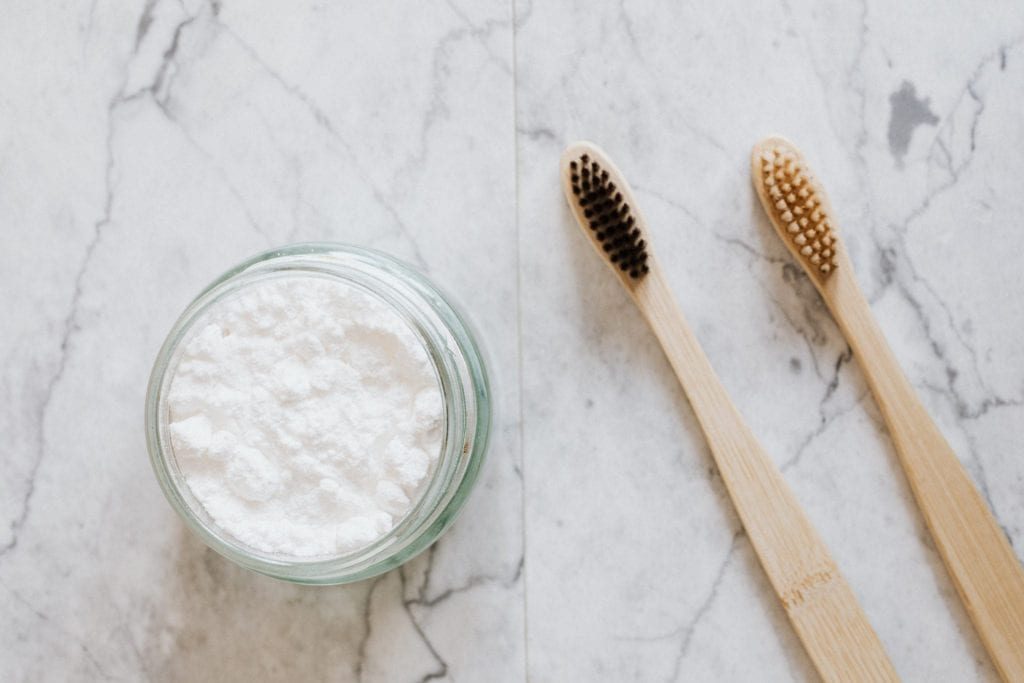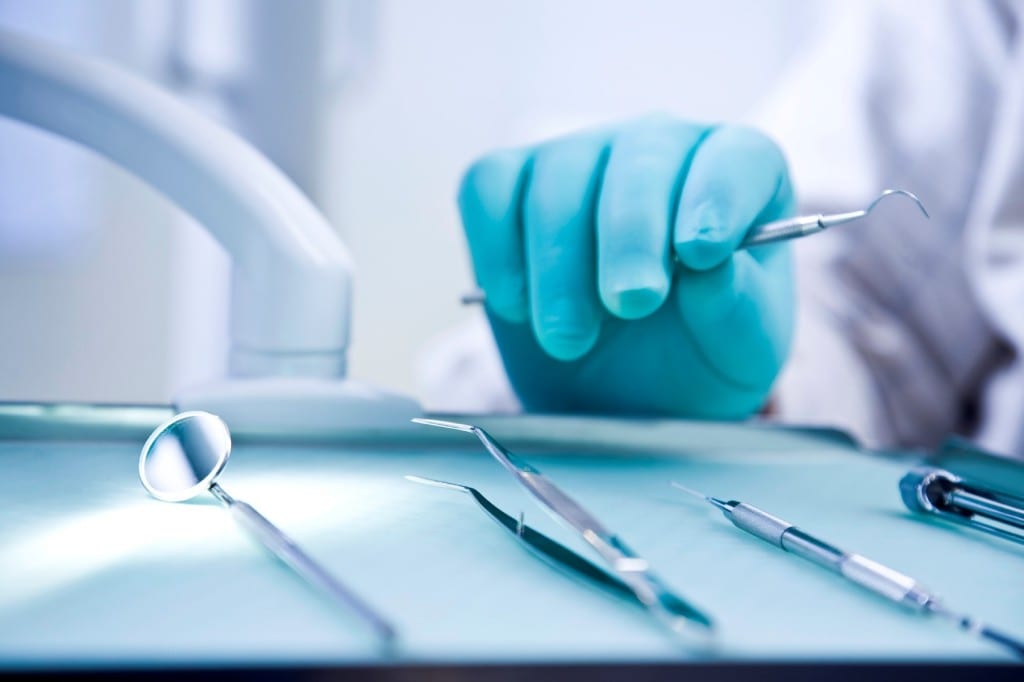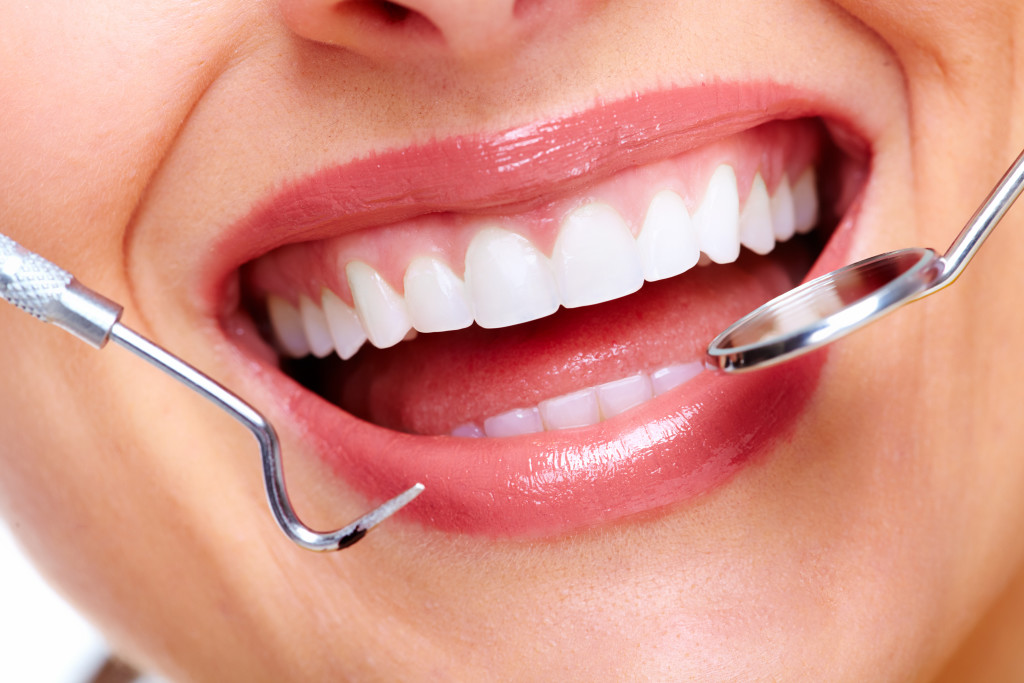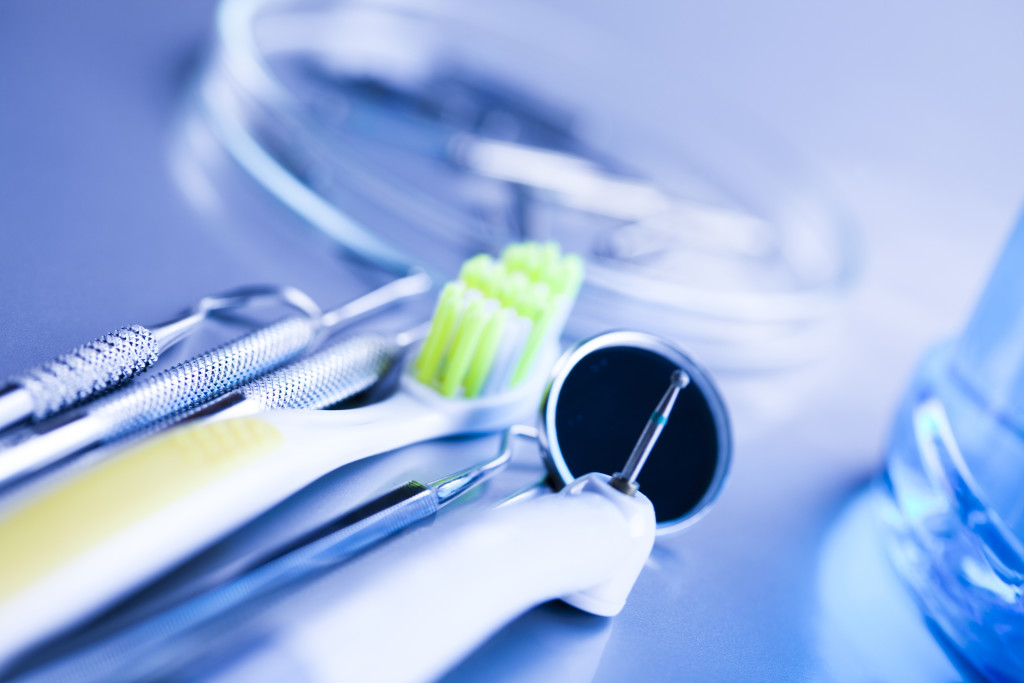
Dental plaque is a yellow bacterial plaque that sticks and accumulates, and then hardens on the enamel of teeth and gums, and can give an unpleasant appearance to your teeth.
How occurs plaque
The main cause of plaque is related to a diet high in acidic foods, sugar, refined flour, and harmful fats. Most people think that the main cause of plaque is poor oral hygiene, but in fact, this unpleasant phenomenon can avoiding by consuming enough fruits and vegetables.
However, poor oral hygiene still contributes to the occurrence of such plaque.
Other reasons include coffee, black tea, and tobacco.
Why do we need to prevent plaque?
First of all, remember that you should prevent or eliminate plaque not only for aesthetic reasons. If you ignore or do not start treating it for a long time, the bacteria will eventually cause inflammation of the gums, which in turn can lead to gingivitis.
Food and useful food additives
- Raw fruits and vegetables, apples, and green leafy vegetables such as spinach, chard, lettuce, arugula, etc.
- Sesame seeds, for their high calcium content.
- Stevia – a plant used as a natural sweetener, is very useful for teeth.
- Saltwater helps remineralize, clean and strengthen teeth.
- Coenzyme Q10 is recommending for a plaque if it has already caused gingivitis.
- White clay for oral use also helps maintain the acid-base balance of the oral cavity at the proper level.
Oil rinses
Rinsing teeth with sunflower oil – a method originating from India – is often also using to treat plaque. This method helps to clean teeth, treat all problems of the oral cavity and remove toxins from both the outside and inside of the lips.
This method is especially recommending in cases of infections of the oral cavity, gums, gingivitis, tooth mobility and helps to remove stains on teeth and plaque.
We just need cold-pressed sunflower oil or sesame oil.
Activated charcoal
It is a great way to whiten and clean our teeth, as well as to prevent oral infections. You can find it in herbal or natural products stores and brush your teeth with it for two minutes.
Even if the charcoal is black, after you finish rinsing your mouth, you will see that your teeth have become much cleaner.
It is also important that charcoal plants, not petroleum.
Like baking soda, it is abrasive, so try not to use it too often. It is very important to be careful when using charcoal, as excessive use can damage tooth enamel. Use it in moderation.
Distilled water and baking soda
Baking soda is another ancient remedy for brush teeth, that prevents excessive acidity in the mouth. You can use it by applying it on a toothbrush and brushing your teeth without pressing too hard so as not to damage the enamel and a maximum of twice a week.
Distilled water is a natural bleach, which is why we should only use it once a week, adding three drops to our toothpaste or just soaking a toothbrush in it.
Final tips
- Brush your teeth after each meal for at least two minutes.
- It is advisable to use natural and environmentally friendly toothpaste, as ordinary ones have aggressive chemicals that can affect the acid-base balance of the oral cavity.
- Use dental floss daily before bed to remove any food residue between your teeth.
- Practice rinsing your mouth. If you want to rinse your mouth with natural remedies, the infusion of thyme and mint, or just saltwater will suit you best.
- Be sure to see a dentist remove it, as tartar can damage tooth enamel.
If you live in Clearwater, FL area and are looking for assistance in the field of dental SEO and social media marketing for your dental practice, consider getting in touch with Affordable Dental SEO.
Picture Credit: Pexels






